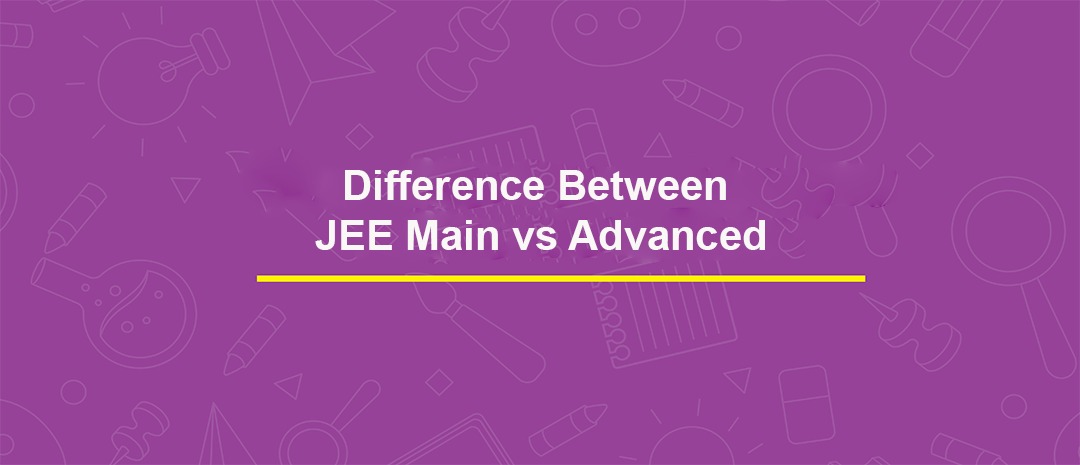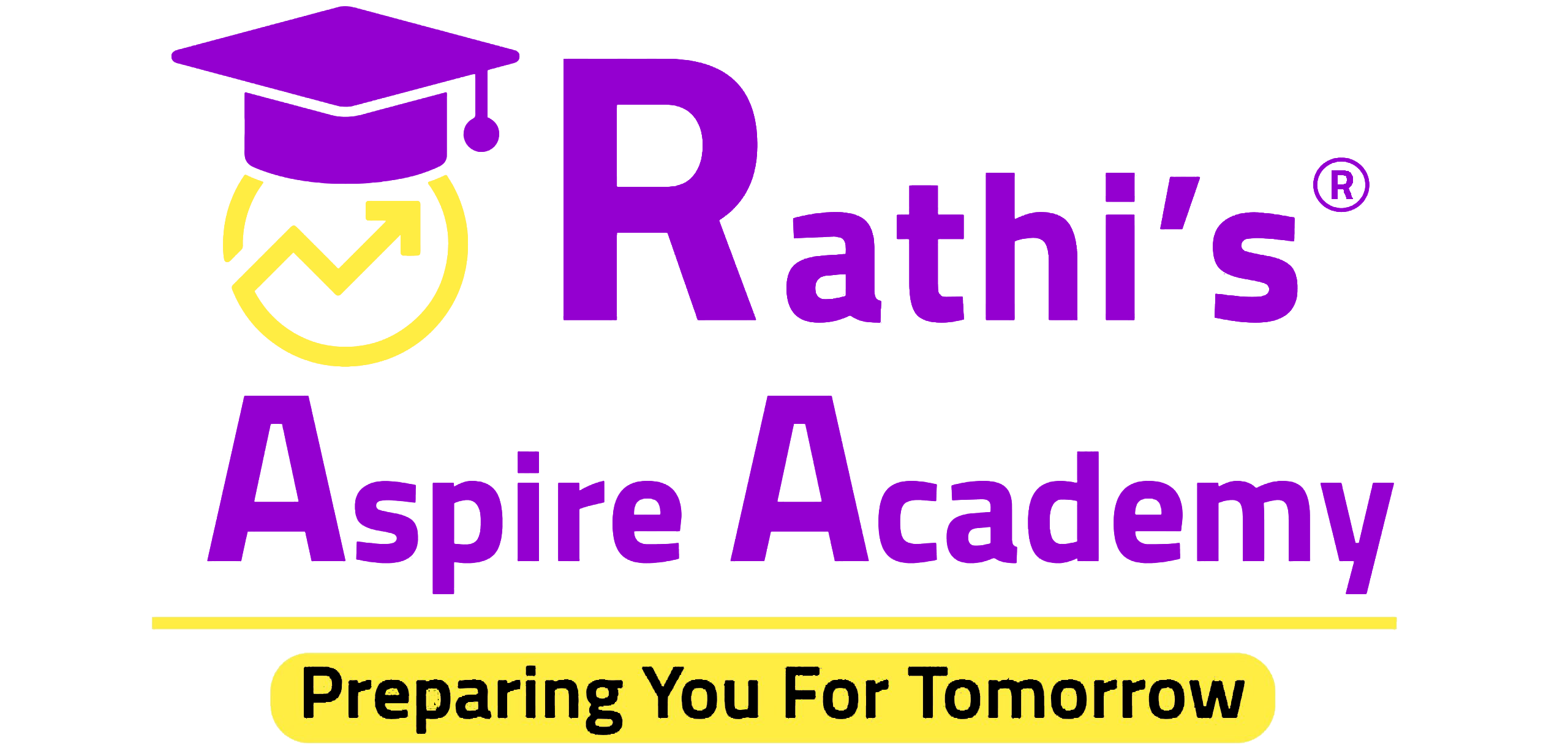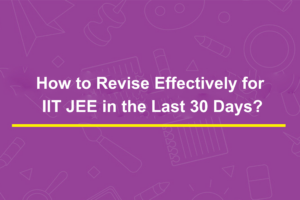Difference Between JEE Main vs Advanced

Are you preparing for JEE, and wondering about JEE Main or Advanced which is tough and what is the difference between them? Well then, you have browsed through the exact page !!. JEE is a two-stage national engineering admission test that is divided into JEE Main and JEE Advanced. The goal of JEE Main is to identify individuals who would be qualified to take the final test, JEE Advanced, which will be used to choose applicants for admission to the famous IITs.
Undoubtedly JEE is a gateway to lucrative future opportunities and your desired engineering career. But tossing rocks into the air without understanding the specifics would be silly. Therefore, let us break down here the two vital aspects of JEE: JEE mains & JEE advanced.
JEE Main vs Advanced
The National Institutes of Technology (NITs) and Indian Institutes of Technology (IITs) and other State/Central financed engineering institutes accept JEE Main scores for admissions. IITs (India’s top engineering schools) require candidates to take the JEE Advanced exam to get entry. Candidates must score well in JEE Main in order to be considered for JEE Advanced.
Below are the specific differences between JEE Main vs Advanced:
1. Difference In Exam Pattern
The Joint Entrance Examination (JEE) Main is an easy, introductory test. It is in two parts. Undergraduate engineering students at NITs, IIITs, CFTIs, and other top universities are required to take and pass the Paper 1 exam. The Indian Institutes of Technology accept applicants only after they have passed the Joint Entrance Examination (JEE) Advanced. To enter B. Arch. and B. Planning programs, applicants must take the Paper 2 exam.
2. Eligibility Criteria
Anyone who meets the requirements can register for the JEE Main exam. However, JEE Advanced applications are only accepted from the top 2,50,000 JEE Main applicants. Here are the details:
I. JEE Mains
- The candidate should pass the class 12th board exam or equivalent qualifications.
- Students can take the JEE Main exam for three years in a row.
- There is no age limit.
- Candidates should have subjects such as physics, chemistry, maths and biology as per their preferred choices.
II. JEE Advanced
- The candidate should pass the class 12th board exam or equivalent qualifications.
- Students can take the JEE Main exam for two years in a row.
- The general category students must have been born on or after October 1, 1997. Candidates with five years of SC/ST/PWD are given a relaxation.
3. Difference in Difficulty
JEE Main vs Advanced difference also lies in the degree of difficulty. JEE Advanced questions are more challenging than JEE Main ones. Conceptual thinking, memory, comprehension, knowledge, and application are all put to the test in JEE Advanced. Students’ accuracy, speed, ability to work under pressure, and quickness of mind are all set to the test in JEE Advanced, in addition to their conceptual knowledge.
4. Difference in Papers & Mode of Exam
Paper 1 and Paper 2 make up the JEE Main Paper. Paper 1 (B.Tech/BE) is administered by computer-based online testing. The second paper (B.Arch/B.Planning) is only administered in an offline (pen and paper) style.
There are two papers in the JEE Advanced Exam: Paper 1 and Paper 2. Only the online (Computer Based Examination) modality is used to administer the JEE Advanced exam. For admission to engineering programmes, students must take both Paper 1 and Paper 2 exams.
Students must pass both Papers 1 and 2 in order to apply for the Architecture Aptitude Test (AAT), which is required for admission into the IITs’ B.Arch curriculum. The seven IITs in each zone conduct AAT. After passing the JEE Advanced Exam, students can apply for the AAT exam.
5. Difference in Syllabus
Despite the fact that both JEE Main and JEE Advanced are prerequisites for admission to B.E./B. Tech programs and their respective syllabuses differ. Although the 11th and 12th-grade curriculum served as the basis for the JEE Main Syllabus, candidates for the JEE Advanced test were required to study a few extra topics. See below for further information on the distinction between the JEE Main vs Advanced syllabus.
● JEE Mains
The JEE Main Syllabus consists mostly of the Physics, Chemistry, and Mathematics courses taught in classes 11 and 12 by the CBSE. JEE Main includes several mathematics areas that JEE Advanced does not, such as Sets, Relations and Functions, Statistics and Probability, Trigonometry, and Mathematical Reasoning.
● JEE Advanced
JEE Advanced does include a few more subjects in addition to the material covered in classes 11 and 12. Theoretical physics, electrochemistry, and other advanced-level JEE subjects are a few things that are not included in JEE Main. However, the JEE Advanced 2023 Syllabus has been updated by the authorities. Topics from JEE Main that were not previously covered are now covered in the revised curriculum.
So far we’ve discussed the difference between JEE Main and JEE Advanced syllabus. Now let us see some other necessary details.
6. Other Important Details
Physics, Chemistry, and Mathematics are all included in the multiple-choice questions on the JEE Main Question Paper (Paper 1). JEE Advanced Papers 1 & 2 on the other hand, have objective-style questions from the same disciplines.
There is no cap on the number of times students can apply for the JEE Mains tests, however for the JEE Advanced exams, they can only apply a maximum of thrice in two consecutive years.
By the way, have you ever wondered if there is a heavy difference between JEE Mains vs Advanced rank? Well, here’s the answer. On the basis of their overall India rank in JEE Advanced, students get admitted to IITs and ISM Dhanbad. These candidates are among the top 20 per cent of their boards’ approved applicants in the pertinent categories.
Seek For Help? RAA Is There.
Rathi’s Aspire Academy (RAA) is one of the most cutting-edge and dependable locations to take IIT JEE programs in Pune. RAA’s leadership has 20 years of combined experience in the field of education, despite the organization’s relative infancy. Many parents have put their faith in us because they know their kids will receive individualized care and that their concerns will be taken seriously, which they might not get from larger companies. Our present families have found that our institution ranks among the possibilities with the best responsiveness, technological know-how, integrity, and student-focused news.
However, we also assist students with MHT-CET preparation. Sadly, not every student succeeds in passing the JEE. They select MHT-CET since it is the best option available after JEE. Because we go deeper into the fundamentals than the competitors, our courses automatically go beyond what they provide. We at RAA have never been the sort of individuals that just honour the top students while demeaning the others. We support every difficult kid as they advance academically by holding their hands.
Conclusion
The distinction between the JEE Main vs Advanced Exam has been covered in this article. Exams at the national level include JEE Main and JEE Advanced. JEE Advanced is substantially tougher than JEE Main when comparing the two tests. The JEE Advanced test has much more complex questions.
Meanwhile, if you require a handholding guide to overcome this obstacle, remember that RAA can be your best choice. From personalized attention to practical guidance — we provide everything you need.



